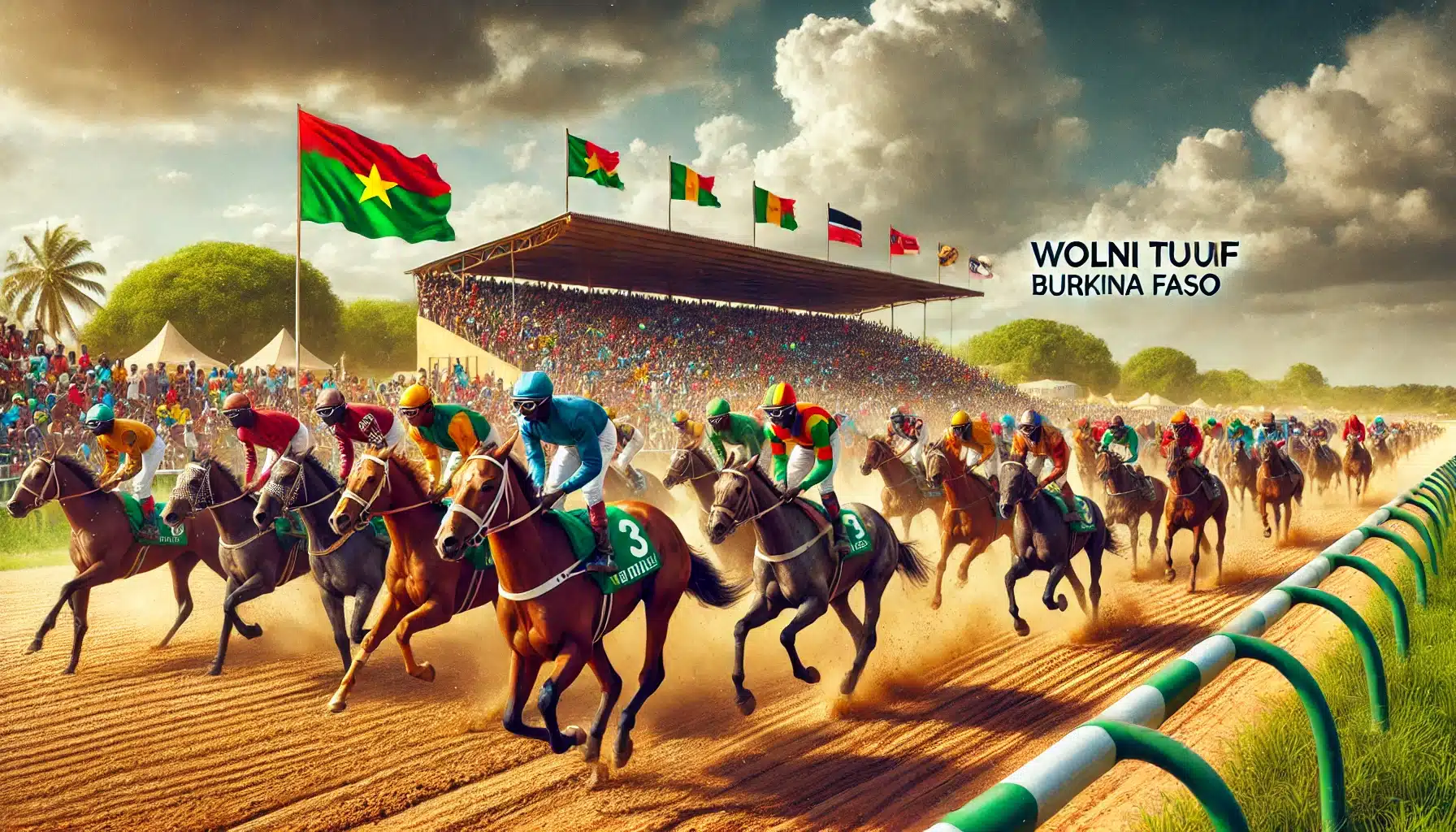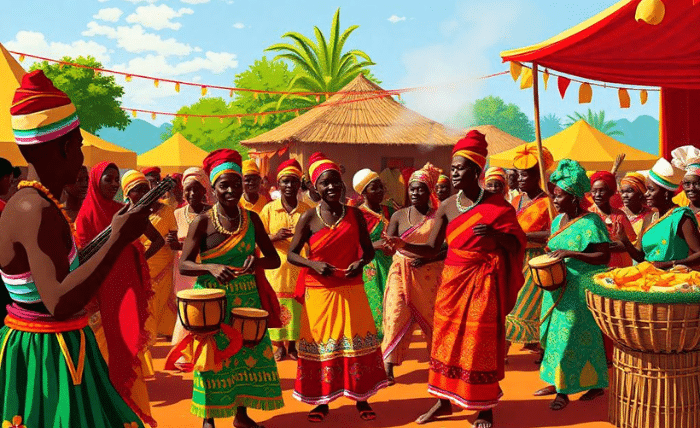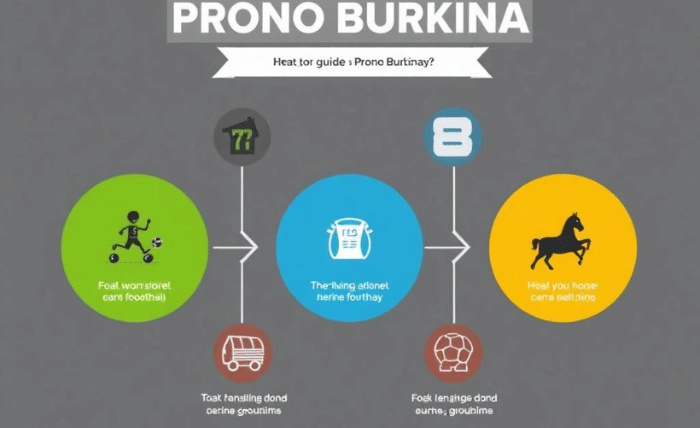Burkina Faso, a landlocked country in West Africa, is home to a rich and vibrant culture, steeped in tradition and history. Among the many fascinating aspects of Burkina Faso’s identity is the wolni burkina—a concept that embodies the essence of the country’s spirit, people, and heritage. In this post, we will uncover the beauty of burkina, exploring its cultural roots, historical significance, and enduring traditions.
What is Wolni Burkina?
Wolni Burkina refers to a significant part of Burkina Faso’s identity. It’s a term used to describe the deep connections between the country’s cultural practices, people, and the land they inhabit. It can be found in the everyday lives of the Burkinabé people, from their music and art to their rituals and festivals. Understanding wolni burkina is key to appreciating the unique lifestyle and customs of this vibrant country.
Wolni Burkina Faso: A Cultural Journey
When you think of wolni burkina in the context of wolni burkina faso, you’re connecting with the heart of the Burkinabé way of life. It’s not just a term but a way of thinking and living that incorporates unity, pride, and respect for tradition. The people of Burkina Faso hold their cultural heritage close, and wolni burkina is a reflection of this pride.
The importance of wolni burkina can be seen in the way the Burkinabé celebrate their traditions. Festivals like the Fête de la Musique, the Festival International de la Francophonie, and local events highlight the joy and vibrancy of Burkinabé culture. These celebrations are not just for entertainment but are also a way to pass down customs and stories to younger generations.
Wolni PMU Burkina: Horse Racing and the People
Another aspect of wolni burkina is the influence of traditional sports and betting games, such as wolni pmu burkina. Horse racing holds a unique place in the hearts of many Burkinabé. It’s not just about the races but also about the sense of community and the shared experience of predicting and betting on the outcomes. The wolni pmu burkina highlights how sport is intertwined with the country’s traditions.
Horse racing, like other sports, helps bring people together. It’s common for locals to place small bets on their favorite horses, and the excitement that comes with each race fuels the spirit of wolni burkina. For those who are new to this tradition, learning more about wolni pmu burkina provides an insightful view of how sports reflect the culture and history of the country.
Wolni Turf Burkina Faso: The Role of Horse Racing Tracks
The wolni turf burkina faso also plays an important role in the development of horse racing culture in Burkina Faso. Turf is a key element of the sport, and its condition affects how the races unfold. The wolni turf burkina faso is known for its quality, offering a perfect setting for competitive races. These tracks are not just venues for sporting events; they are places where the burkina spirit is brought to life, with every race being a celebration of the people’s love for their traditions.
Lonab Wolni: The Betting Industry
The lonab wolni is another important part of the wolni burkina story. It refers to the Loterie Nationale du Burkina (National Lottery of Burkina Faso) and its connection to wolni burkina. Betting has always been a part of the country’s culture, and lonab wolni serves as a way for people to engage in activities that combine fun and a bit of chance. From horse races to lottery games, these activities are a key part of the social fabric.

Wolni Blog Burkina: Connecting Through Stories
The wolni blog burkina is a modern platform that brings together people interested in learning about the culture, traditions, and current events of Burkina Faso. This online space allows individuals to share stories and experiences, and it has become an important source of information for both locals and those abroad interested in wolni burkina. Reading a wolni blog burkina provides unique insights into the evolving culture of Burkina Faso and the people who live there.
Traditions and Customs in Wolni Burkina
It is more than just a cultural term—it’s also deeply tied to the country’s history and traditions. For instance, the Burkinabé people have a long-standing tradition of storytelling, which has been passed down through generations. These stories often involve themes of heroism, wisdom, and respect for nature.
Another tradition that plays a part in wolni burkina is music. Traditional instruments like the balafon, drums, and djembe are integral to Burkinabé music, which tells stories of the land, its people, and their struggles. It is reflected in the way these stories and songs are passed on from elders to younger generations, keeping the culture alive.
The Impact of Wolni Burkina on the Local Economy
The traditions and practices surrounding wolni burkina have an impact on the local economy. Activities like horse racing, sports betting, and the celebration of festivals contribute to the economy by creating jobs, bringing in tourism, and promoting local businesses. It is not just about the culture—it also plays a role in shaping the economic landscape of Burkina Faso.
Exploring the Food and Cuisine of Wolni Burkina
Food plays a big role in wolni burkina culture. Traditional dishes such as riz gras (rice with meat or vegetables), tô (a local porridge), and sauce graine (palm nut sauce) are staples in Burkinabé cuisine. Sharing a meal is a common way to connect with others, and the recipes are often passed down through generations. For visitors, trying these traditional dishes is a way to experience the true essence of wolni burkina.
Understanding the Spiritual Side of Wolni Burkina
The spirituality of the people of Burkina Faso is closely tied to wolni burkina. Many Burkinabé people practice traditional religions, while others follow Islam or Christianity. Despite the diversity, there is a shared respect for nature, ancestors, and the community. Religious ceremonies and rituals are a key part of burkina, offering a sense of belonging and unity.




